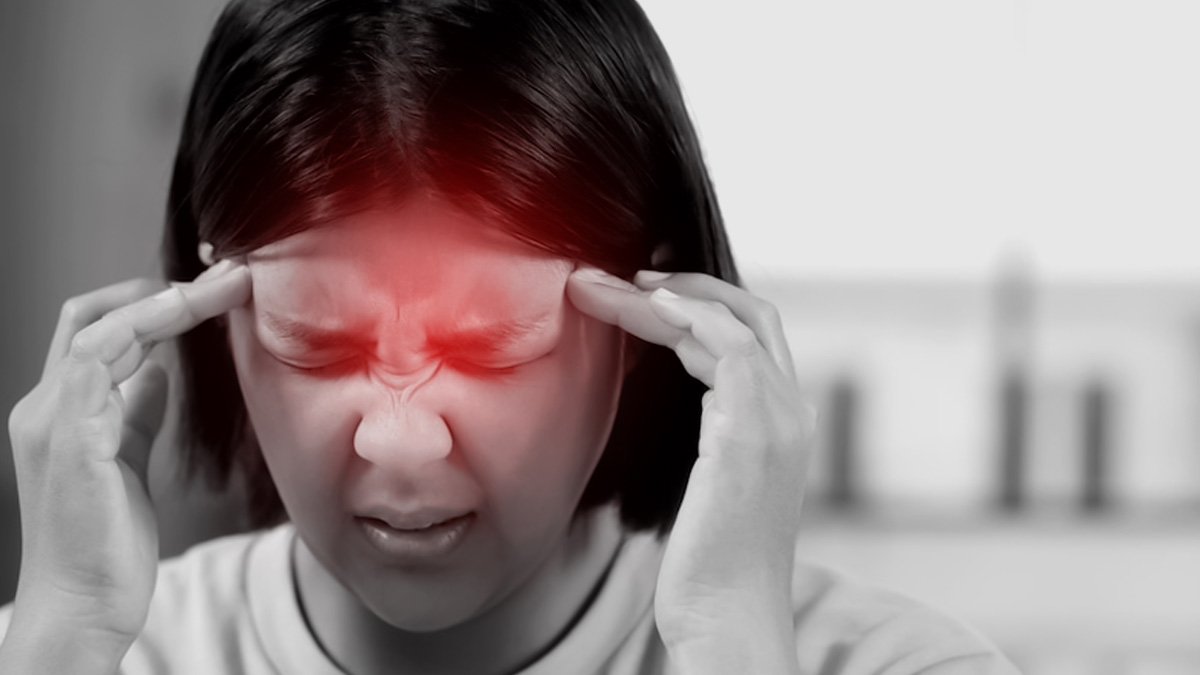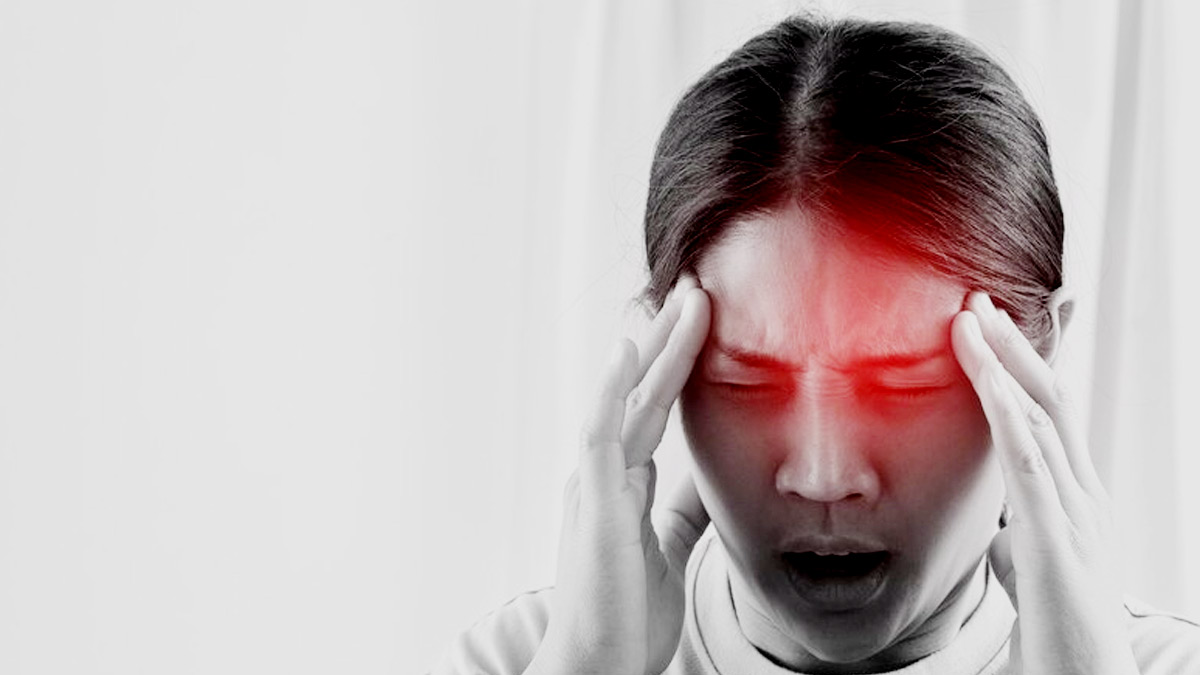
From alcohol to stress, various reasons can trigger migraines. But do you know that monsoon season can also be a cause of that debilitating headaches during a migraine? To learn about the connection between the monsoon and migraines, we spoke to Dr K Sai Satish, Consultant Neurologist and Epileptologist, Yashoda Hospitals, Hyderabad. But before delving into it, let's know more about migraines.
Table of Content:-
Headaches and Migraine
"Headache, depending on the cause, can be a primary headache and a secondary one," said Dr Satish. He added that if there is a known cause, for example, hypertension, sinusitis, clot or bleeding or tumour in the brain it is classified as a secondary headache. On evaluation, despite running all the relevant investigations, if no cause is found, it can be called a primary headache.
"Among various types of primary headaches, the most common is migraines. Migraine is typically characterised by a one-sided headache, which might be pulsatile in nature and has associated sensitivity to light and sound," said Dr Satish.

Also Read: Headache Location: Read To Know What Actually They Mean
"The majority of migraineurs have associated nausea and vomiting. Each episode may be preceded by aura in the form of flashes of lights or blurring of vision," explained Dr Satish.
Migraine and Monsoon Connection
According to the journal JAMA Network, migraines impact over 10% of the global population and predominantly manifest in individuals between the ages of 20 and 50. Moreover, they are approximately three times more prevalent in women compared to men.
"Though there is no exact cause of migraine, most people have triggering factors which can precipitate an attack," said Dr Satish. He said that hunger, sleep deprivation, stress, exposure to sunlight, journey, strong odour, spicy food and change in environment, especially temperatures are some frequent triggers.
"With frequent fluctuations in temperatures observed in monsoon season, it is not uncommon for migraineurs to experience an increase in their symptoms either in terms of frequency, duration or intensity," said Dr Satish.
Dr Satish noted that migraine can be triggered by wet hair in a few individuals, either after a shower or after drenching in rain. "A rise in the frequency of sinusitis, which is common in monsoon, can also manifest migraines," said Dr Satish.
He stated that untimely rains causing changes in regular food and sleep schedule could also trigger migraine in susceptible individuals. "In addition, huge traffic jams resulting in sound and air pollution is a frequent phenomenon, which further adds to the woes of migraineurs," he added.
Ways to Prevent Migraine During Monsoon
"The first way is to identify the triggering factors and avoid them. In simple terms, eating food at the appropriate time, going to sleep at the appropriate time, having adequate sleep, dealing with stress, avoiding loud noises, and bright lights would help in a long way," suggested Dr Satish.

"People with headaches brought on by wet hair should ensure that they wear appropriate raincoats with a hood and dry their hair as soon as possible. They can also plan their travel to avoid rush hours thereby avoiding the irritating sounds of the vehicle horns and nasty smoke emanating from the automobiles," recommended Dr Satish.
Also Read: Migraine: Health Risks Associated To Migraine Pain
"In situations where it is not possible to avoid the triggering factors or when one can anticipate the migraine attack, the best is to take medication immediately so that it can be averted," said the doctor.
Conclusion
"Despite these measures, if the migraine is frequent and disabling, consulting a neurologist and deciding on appropriate medications will be helpful for headache-free days," suggested Dr Satish.
He emphasised that consulting a neurologist is even more important in case of any change in the character of a headache, such as a headache that awakens you from sleep, early morning headaches, or headaches associated with blurred or double vision or fever.
[Disclaimer: This article is for informational purposes only. Consult your healthcare provider to get a thorough diagnosis and treatment as per your health needs.]
Image Credits: freepik
Also watch this video
How we keep this article up to date:
We work with experts and keep a close eye on the latest in health and wellness. Whenever there is a new research or helpful information, we update our articles with accurate and useful advice.
Current Version